Is Today’s Sugar Really Worse? Understanding the Transformation of Sugar Over the Years
August 7, 2023
 835
835 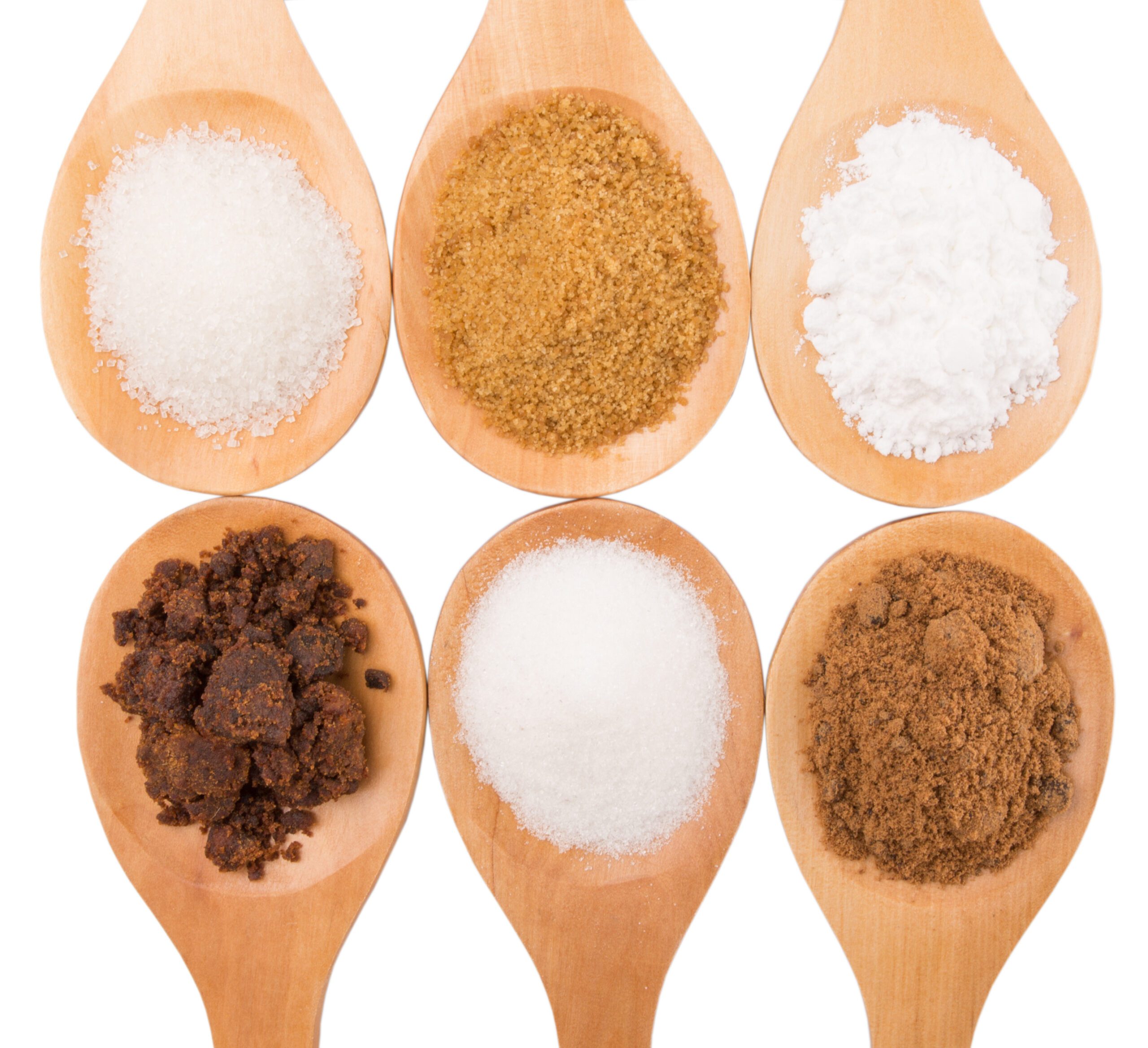
Written By: Jack Riess NASM Certified Personal Trainer, Author, and Life Long Researcher of Health and Longevity.
Once considered a luxury, sweet, crystalline sugar has now, quite insidiously, woven itself into the very fabric of our diets.
Unseen but omnipresent, it lurks in the foods we consume daily – even the ones we least expect.
It is no longer a substance to indulge in sparingly or occasionally, but rather an uninvited guest at every meal.
Understanding how this change occurred, how the sugar we sprinkle and savor has morphed over the years, is not merely a journey through history, but an essential insight into our health and wellbeing.
Over the past century, sugar has transformed significantly.
The sugar our parents and grandparents sprinkled on their morning porridge or kneaded into their homemade bread is not the sugar we know today.
It has changed in its form, in its availability, and most importantly, in its impact on our health.
A spoonful of sugar may have made the medicine go down in the simpler times of our ancestors, but today, it seems to be causing us to need the medicine in the first place.
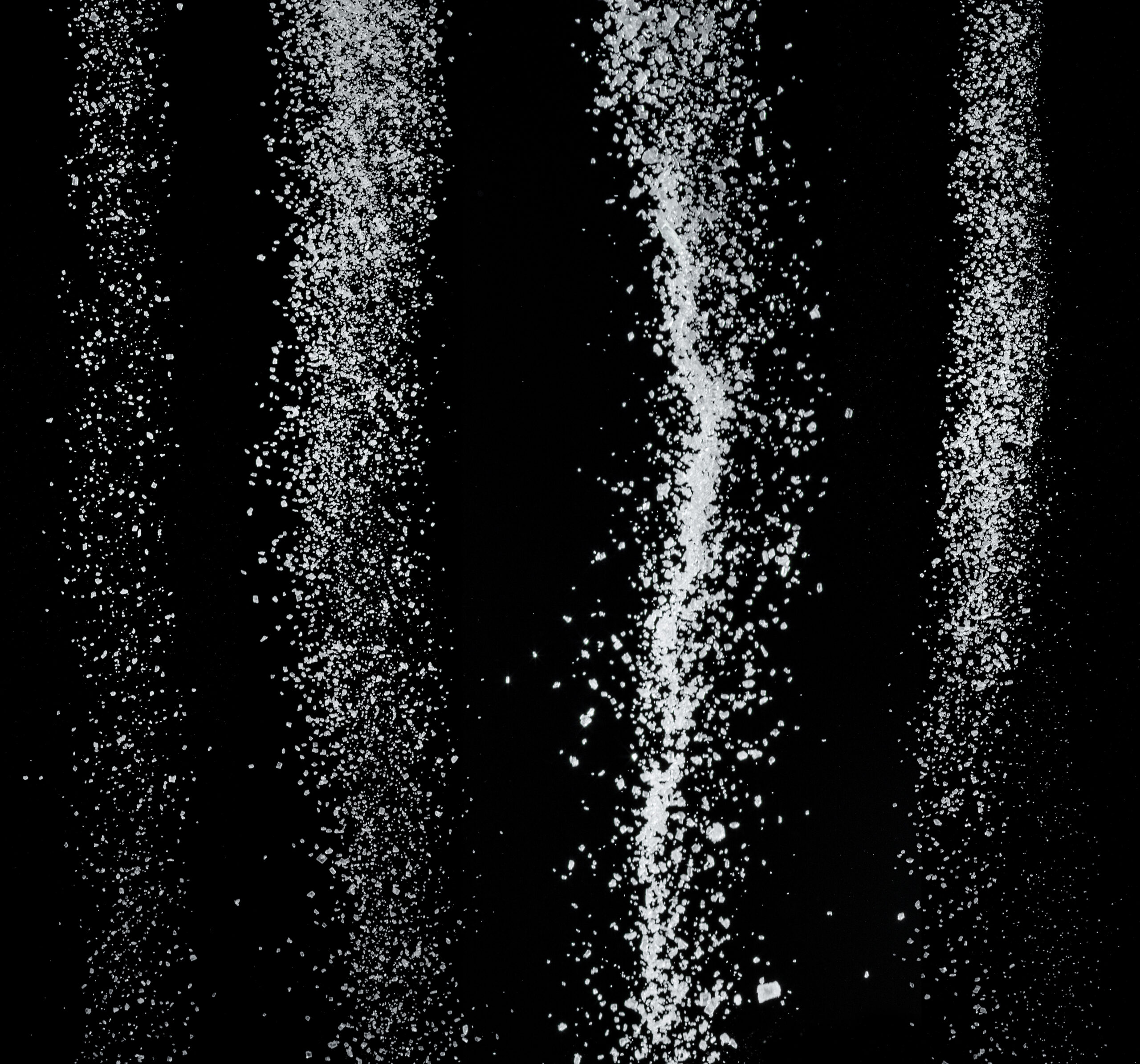
This blog post aims to take you on a journey, tracing the evolution of sugar from its humble beginnings as a natural, unrefined product to its current ubiquitous, highly-refined state.
By delving into this transformation, we will unveil the health implications of modern sugar consumption.
The stark reality is that our sweet tooth, exploited by an industry that capitalizes on it, is leading us down a dangerous path of chronic diseases and health complications.
But it’s not all bitter news – we will also explore healthier alternatives to sugar and how to incorporate them into our diets, turning the tables on the harms of sugar without having to sacrifice the sweetness we’ve come to love.
Hope this helps you with your blog post.
Remember, the goal is to engage your readers while informing them about this important topic. Good luck!
Sugar in the Past
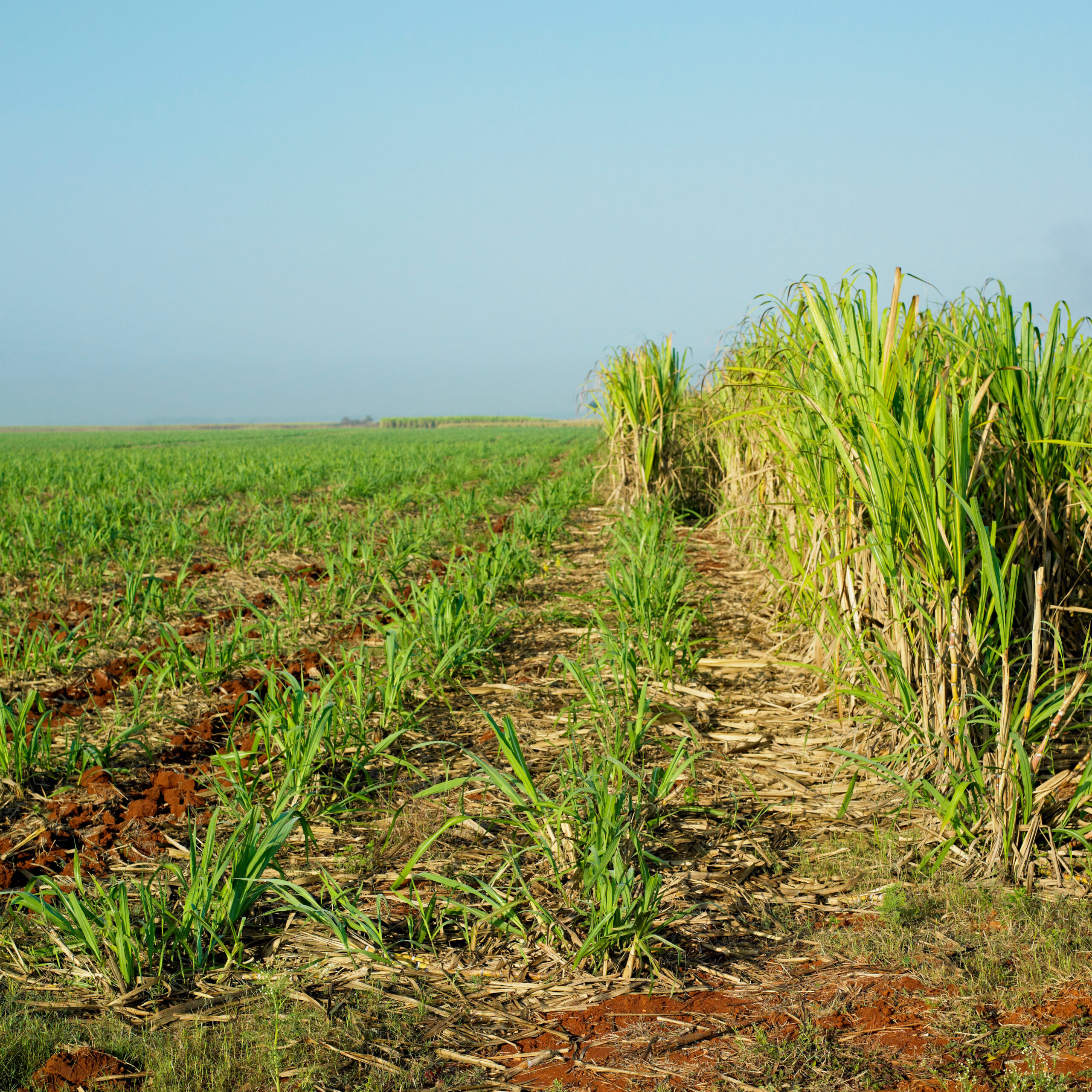
A. Sugar as a Luxury
In the tapestry of our world’s history, sugar threads a tale of rare indulgence and coveted delight.
Historically, sugar was an exotic and valuable commodity, a luxury reserved only for the elite. It was far from the everyday staple we know today.
Sugar cane, the primary source of sugar, originates from the tropical regions of South Asia and the South Pacific.
The process of converting sugar cane into granules of sweetness was labor-intensive and expensive, involving crushing the cane, boiling the juice to create thick syrup, and finally, crystallizing it.
The finished product, still a raw, brown sugar, was considered a luxury, adorning the tables of the wealthy and making special appearances in the diets of the common folks during festivals and major life events.
Sugar’s story is also one of exploration and trade.
The expansion of sugar cultivation to the New World during the colonial era significantly impacted the global economy, but was unfortunately also tied to the brutal history of slave labor.
These factors maintained sugar’s status as a luxury good for many centuries.
B. Evolution of Sugar Consumption
However, the exclusivity of sugar began to dissolve with time.
A series of historical and societal changes led to sugar shifting from a luxury item to a household staple.
One of the most significant influences was the Industrial Revolution, which led to major changes in food production and consumption.
Industrialization mechanized sugar production, making it quicker and less expensive.
Suddenly, sugar wasn’t a scarce luxury anymore; it was becoming increasingly accessible to the masses.
In tandem with the revolution in sugar production, societal changes also increased sugar consumption.
Urbanization, longer workdays, and the need for convenient, energy-dense foods fueled a demand for cheap, sweet sustenance.
Furthermore, the advent of processed and convenience foods in the 20th century played a significant role in escalating sugar consumption.
Sugar was an ideal ingredient for these products – it was cheap, tasty, and had preservative properties.
As a result, sugar started to find its way into everyday foods, from bread to canned vegetables, from breakfast cereals to fruit juices.
This trend of ‘hidden sugars’ significantly boosted daily sugar intake, unbeknownst to many consumers.
Through these seismic shifts, sugar has morphed from a precious commodity to an omnipresent ingredient in our diets.
However, this transformation has come at a cost, a cost paid not in dollars or labor, but in our health and wellbeing.
The tale of sugar, it seems, has taken a bitter turn.
Remember, these sections should provide a clear and engaging narrative to keep your readers invested in the story you’re telling.
It’s not just about facts, but about making those facts relatable and interesting to your audience.
The Change in Sugar Quality
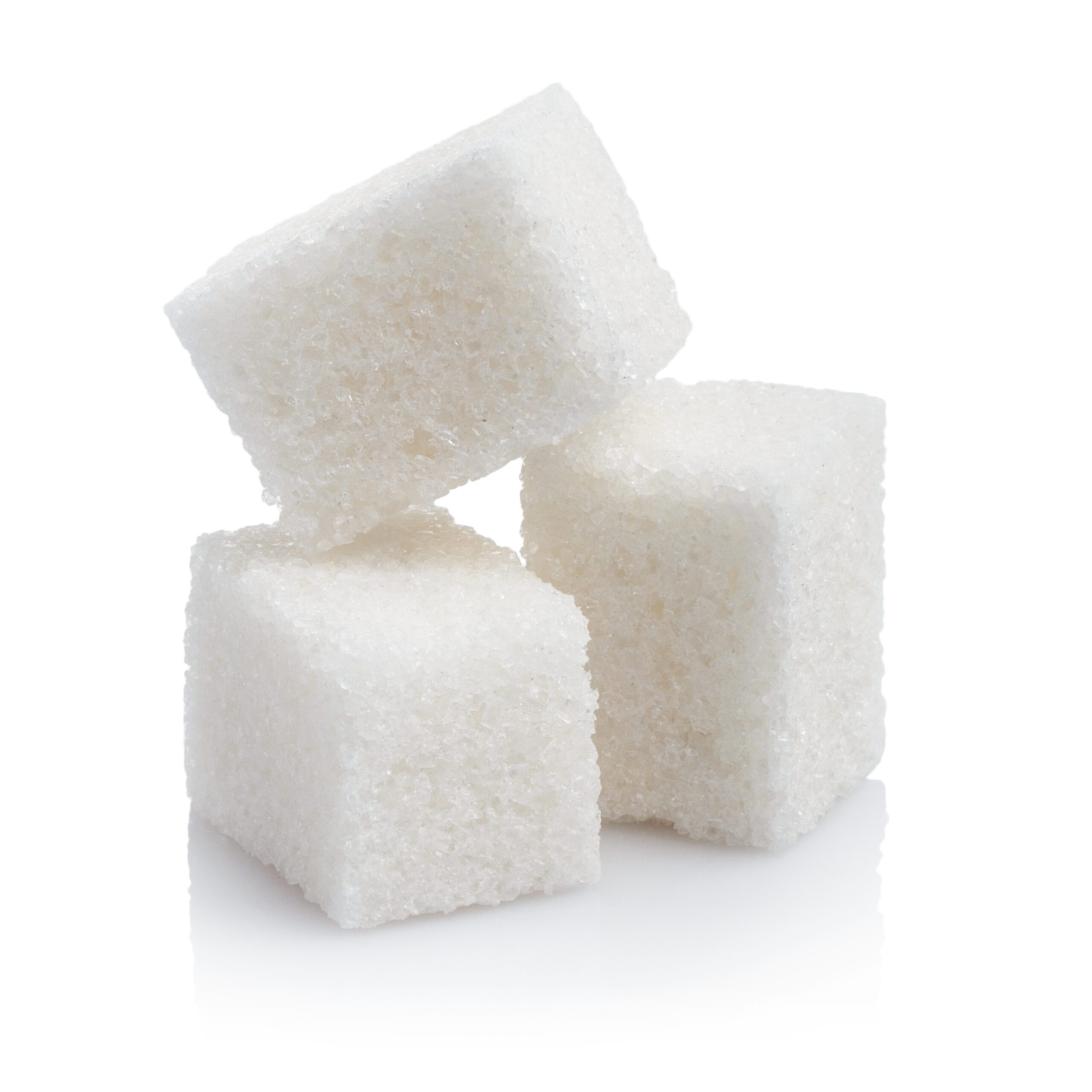
A. Refined Sugar and Its Emergence
As the cloak of exclusivity lifted from sugar, another transformative process was taking place – the refining of sugar.
While our ancestors consumed raw, unrefined sugar, rich in minerals and slightly less sweet, our plates have been increasingly invaded by its highly refined counterpart.
Refined sugar, typically the white crystals we know so well, is a product of intensive processing.
This process strips sugar cane of its natural molasses, leaving behind pure sucrose – sweet but nutritionally void.
What was once a food with some nutritional value has become an empty calorie, providing quick energy but lacking in vitamins, minerals, or fiber.
This metamorphosis of sugar was propelled by industrialization, which enabled mass production and a significant cost reduction of refined sugar.
Factories could now produce sugar that was not only cheaper but also had a longer shelf life and was more versatile in the culinary world.
It was sweeter, whiter, and seemingly better – but at what cost?
B. Health Implications of Refined Sugar
The emergence of refined sugar has had profound consequences on public health.
Its high consumption has been linked to a surge in lifestyle diseases, casting a long and troubling shadow on our health landscape.
Research indicates that excessive intake of refined sugar is a major contributor to obesity, a public health crisis affecting nearly 650 million adults worldwide according to the World Health Organization.
It doesn’t stop there.
The American Heart Association suggests a strong correlation between high-sugar diets and heart disease risk, and the CDC reports that high sugar intake contributes to type 2 diabetes, a disease affecting over 34 million Americans.
Refined sugar consumption doesn’t just affect our physical health.
It’s a rollercoaster ride for our metabolism, causing spikes in blood sugar and subsequent crashes that can lead to fatigue and mood changes.
Moreover, refined sugar can be addictive, hijacking the reward pathways in our brain and leaving us craving for more.
The bittersweet truth is clear.
The transition from natural, unrefined sugar to refined sugar, driven by changes in production and consumption, has turned this sweet treat into a public health menace.
The need for awareness, education, and change is urgent and vital.
It’s important to remain clear and engaging, especially when discussing scientific research and statistics. The goal is to inform your readers about these critical issues in a way they can easily understand and relate to.
Sugar Today
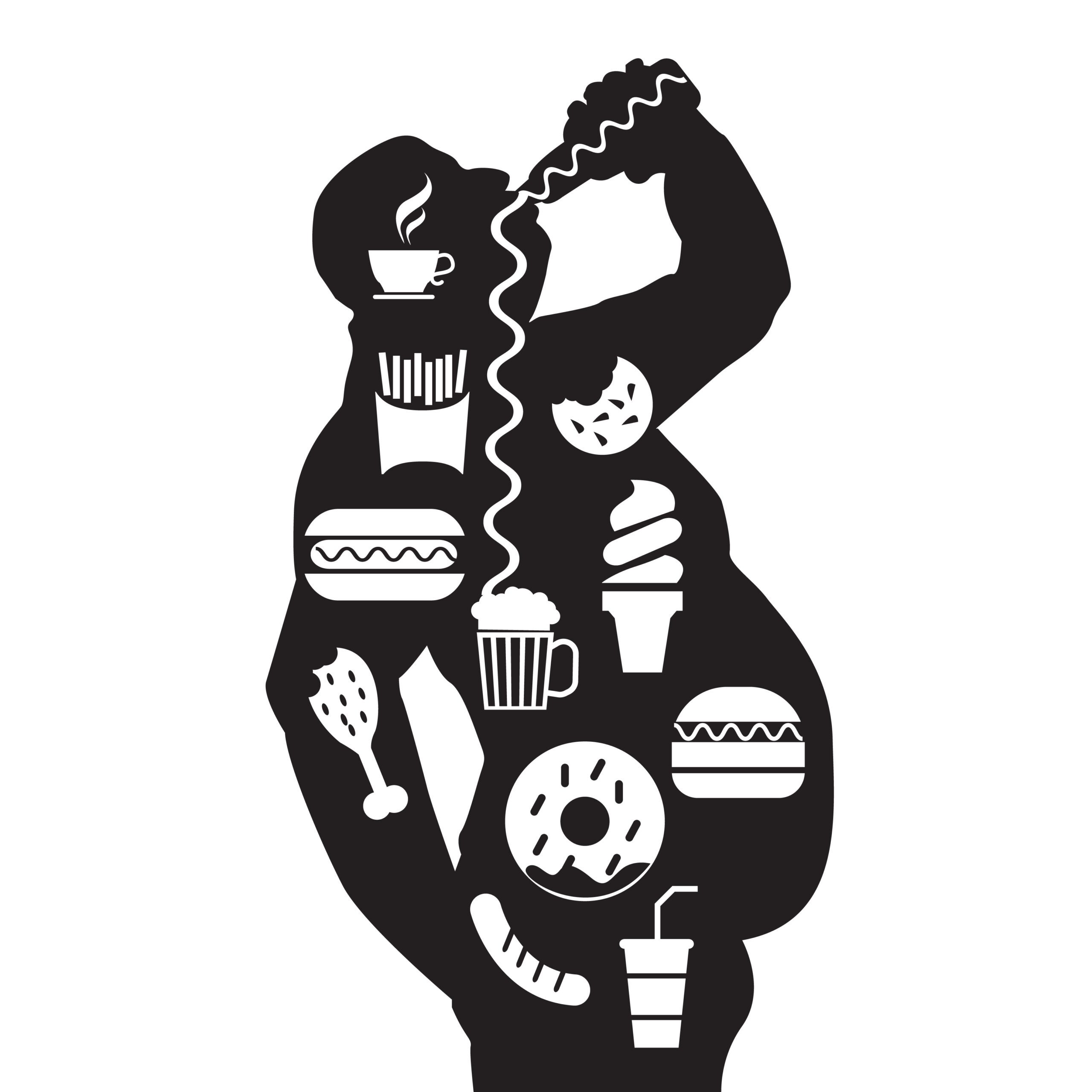
A. Prevalence of Sugar in Modern Diets
Fast forward to the present day, and sugar has become more than just a common ingredient; it’s practically omnipresent.
This omnipresence, however, is deceptively concealed, making it easy to underestimate our daily sugar intake.
The term ‘hidden sugars’ has emerged to describe sugars added to foods and drinks during preparation or processing, or sugars already contained in honey, syrups, fruit juices, and fruit concentrates.
Hidden sugars lurk in the most unsuspecting places – from ketchup to salad dressings, from ‘healthy’ granola bars to vitamin-enriched waters.
They sweeten our morning coffees, amplify the flavors in our canned goods, and give our low-fat yogurts their palatable taste.
By insidiously infiltrating our everyday foods, sugar has quietly escalated our daily intake, often without us realizing it.
This quiet invasion of sugar is driven by several societal and economic factors.
Our fast-paced lives have created a reliance on convenience foods, often high in hidden sugars.
Additionally, aggressive marketing and economic policies have made high-sugar foods cheap and attractive, leading to an alarming increase in sugar consumption.
B. Health Consequences of Modern Sugar Consumption
Today, the consequences of high sugar consumption are more evident than ever.
Our increasing intake of sugar, particularly hidden sugars, is fueling a public health crisis.
Chronic diseases, once a rarity, are now commonplace.
Research continually shows the direct correlation between high sugar consumption and obesity.
The Centers for Disease Control and Prevention (CDC) states that nearly 42.5% of U.S. adults are obese, and this number is on the rise.
High sugar intake is also strongly linked to type 2 diabetes, which currently affects around 1 in 10 Americans, according to the American Diabetes Association.
The consumption of refined sugars has even been implicated in cognitive health issues.
A study published in the New England Journal of Medicine found a significant correlation between high blood sugar levels and an increased risk for dementia.
Furthermore, the addictive nature of sugar can lead to a cycle of cravings and withdrawal, adding a psychological dimension to the health crisis.
The health implications of modern sugar consumption are undeniably severe.
It’s not just a matter of cutting out desserts or avoiding soda.
It’s about realizing that sugar, hidden or not, has permeated our lives, and that every spoonful comes with a cost to our health.
Shifting to Healthier Sugar Alternatives
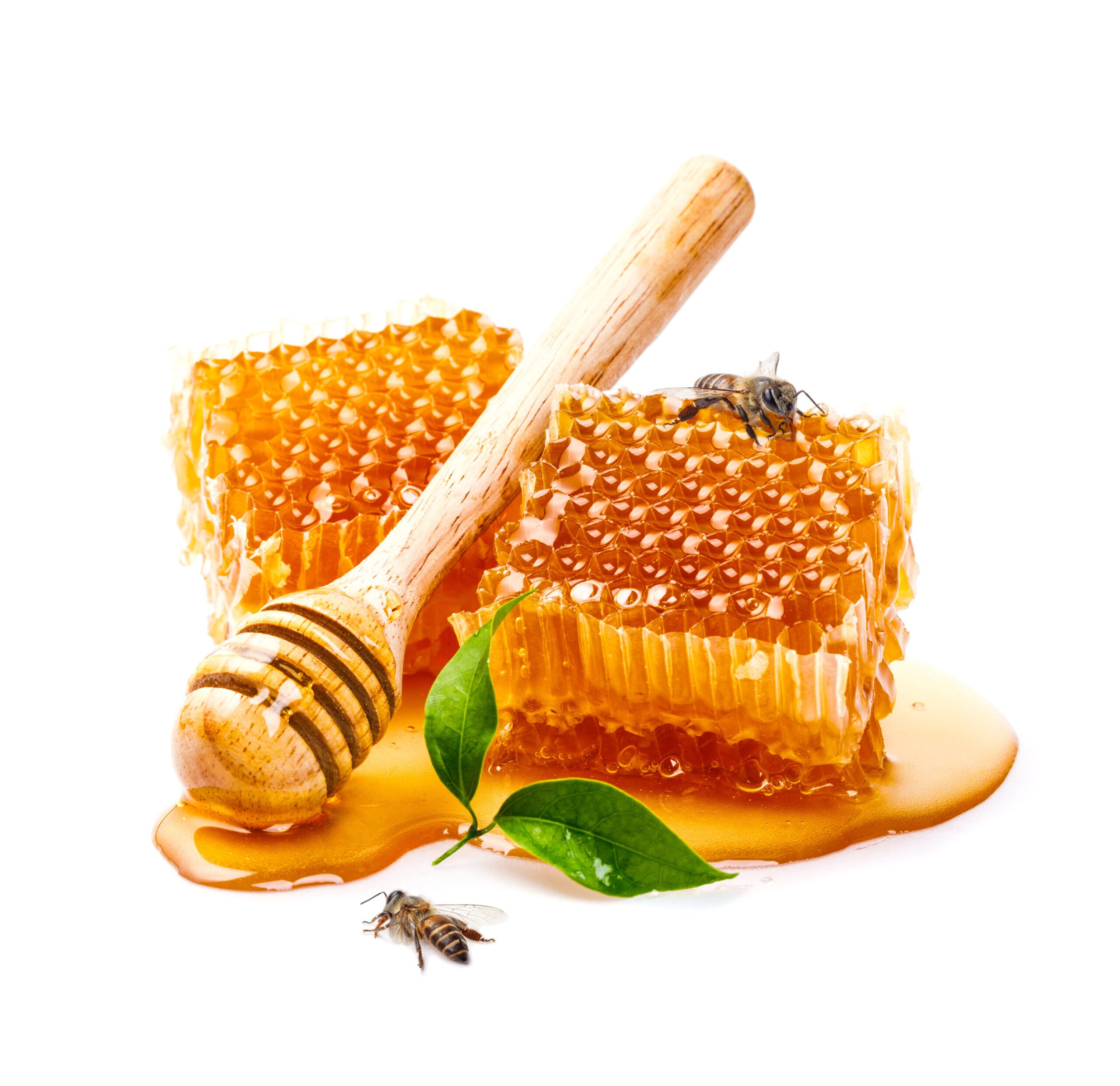
A. Understanding Sugar Alternatives
With the bitter realities of refined sugar consumption unveiled, it’s natural to seek out alternatives that provide sweetness without the associated health risks.
Fortunately, nature offers us an array of healthier sweeteners.
Honey, a natural sweetener that has been savored for centuries, is rich in antioxidants and has antimicrobial properties.
Stevia, derived from the leaves of the Stevia rebaudiana plant, is a zero-calorie sweetener that can lower blood pressure and blood sugar levels.
Dates, aside from their natural sweetness, are packed with fiber and essential nutrients like potassium and magnesium.
These sugar alternatives, though sweeter on the health scale, should still be consumed in moderation.
They offer the promise of sweetness without the detrimental health impacts of refined sugar, but remember, the goal is to reduce our overall sugar consumption, not just to substitute one sugar for another.
B. How to Make the Switch
Transitioning to healthier sugars is a journey, one that requires patience, education, and a keen eye on food labels.
Start by reducing your intake of processed foods, notorious for their hidden sugars.
When cooking or baking, experiment with natural sweeteners.
For beverages, try gradually reducing the amount of sugar you add, or replace it with a sprinkle of stevia.
The switch may pose challenges, especially when your taste buds have been accustomed to the intense sweetness of refined sugar.
It’s normal for natural sweeteners to taste less sweet initially, but with time, your taste buds will adjust and start appreciating the subtle sweetness of healthier sugars.
And remember, it’s not an all-or-nothing situation – every small change counts.
The Way Forward: Transforming Our Sugar Habits for Better Health

From a rare luxury to a public health threat, the journey of sugar through time is a narrative deeply interwoven with our dietary habits, societal shifts, and the increasing burden of chronic diseases.
Today, sugar is not just about sweetening our foods; it’s about understanding what we’re truly consuming when we consume sugar, and acknowledging the impact on our health.
The stark realities of sugar consumption present a clear mandate: to become more mindful of our sugar intake, to educate ourselves about the hidden sugars lurking in our diets, and to explore healthier alternatives without compromising on the sweetness we’ve grown to love.
The road to a healthier relationship with sugar is not a bitter one; it’s a journey of awareness, moderation, and informed choices.
To you, the reader, I extend a challenge – scrutinize your sugar intake, read food labels meticulously, and slowly introduce healthier sugars into your diet.
Let’s journey together towards a sweeter, yet healthier future.

A new study suggests that a widely used sugar substitute found in diet sodas, chewing gum, and low-sugar yogurt may elevate insulin levels. This could increase the long-term risk of heart disease. “Artificial sweeteners have infiltrated nearly all types of food, making it crucial to understand their long-term health effects,” said Yihai Cao, senior author […]

Diet Coke has long been a fan-favorite among soda lovers who want a fizzy, guilt-free alternative to traditional soft drinks. While its zero-calorie, zero-sugar label makes it seem like a healthier option, the reality is far more concerning. Despite its undeniable popularity, Diet Coke’s nutritional profile has raised red flags among health experts for years. […]

New study shows that embracing an anti-inflammatory, plant-forward diet can support cognitive function and help reduce the risk of dementia. What You Eat Shapes Your Brain The food you eat doesn’t just impact your body—it also affects your brain. Research suggests that eating an anti-inflammatory, plant-based diet can help improve memory, focus, and overall brain […]